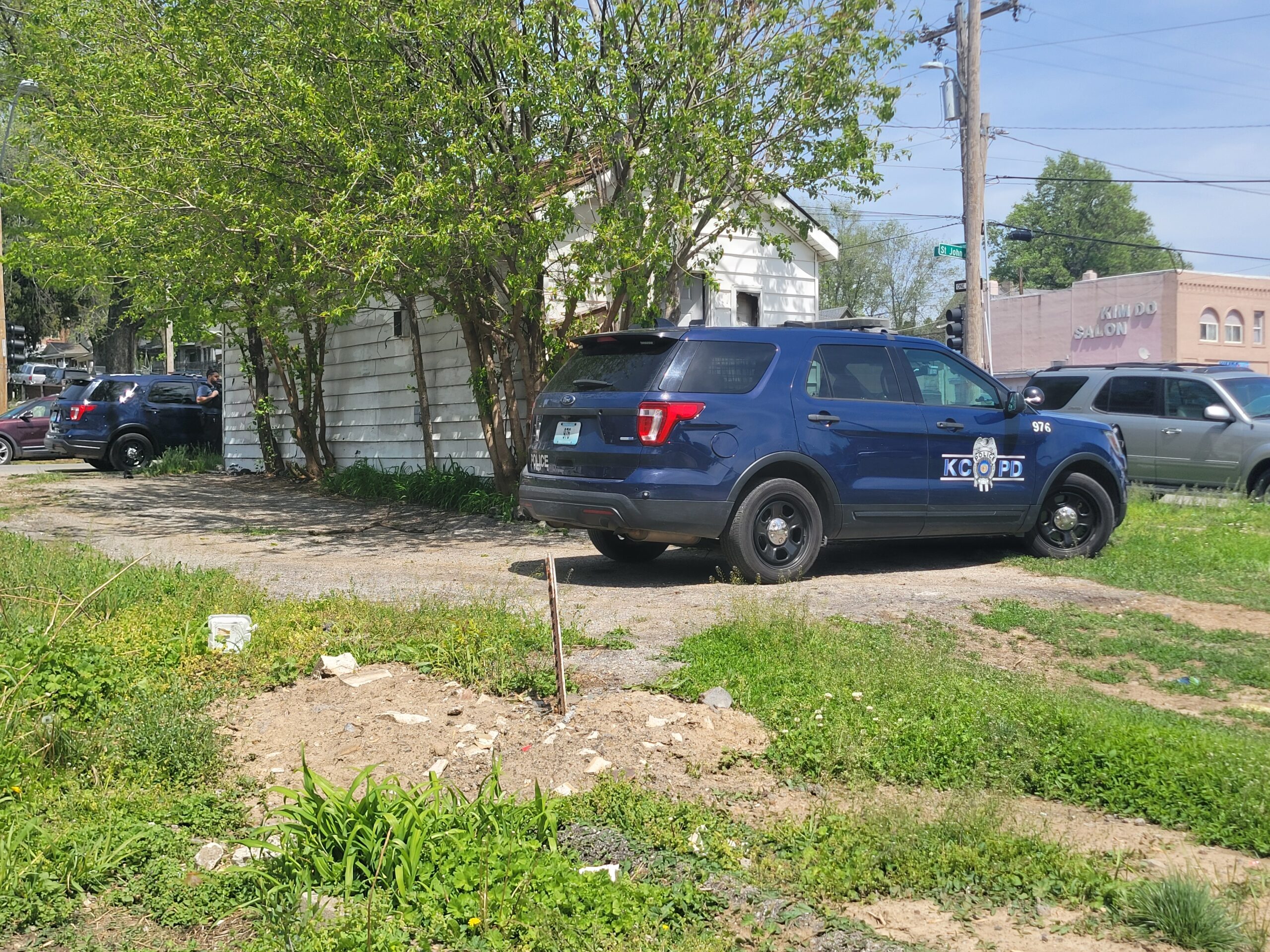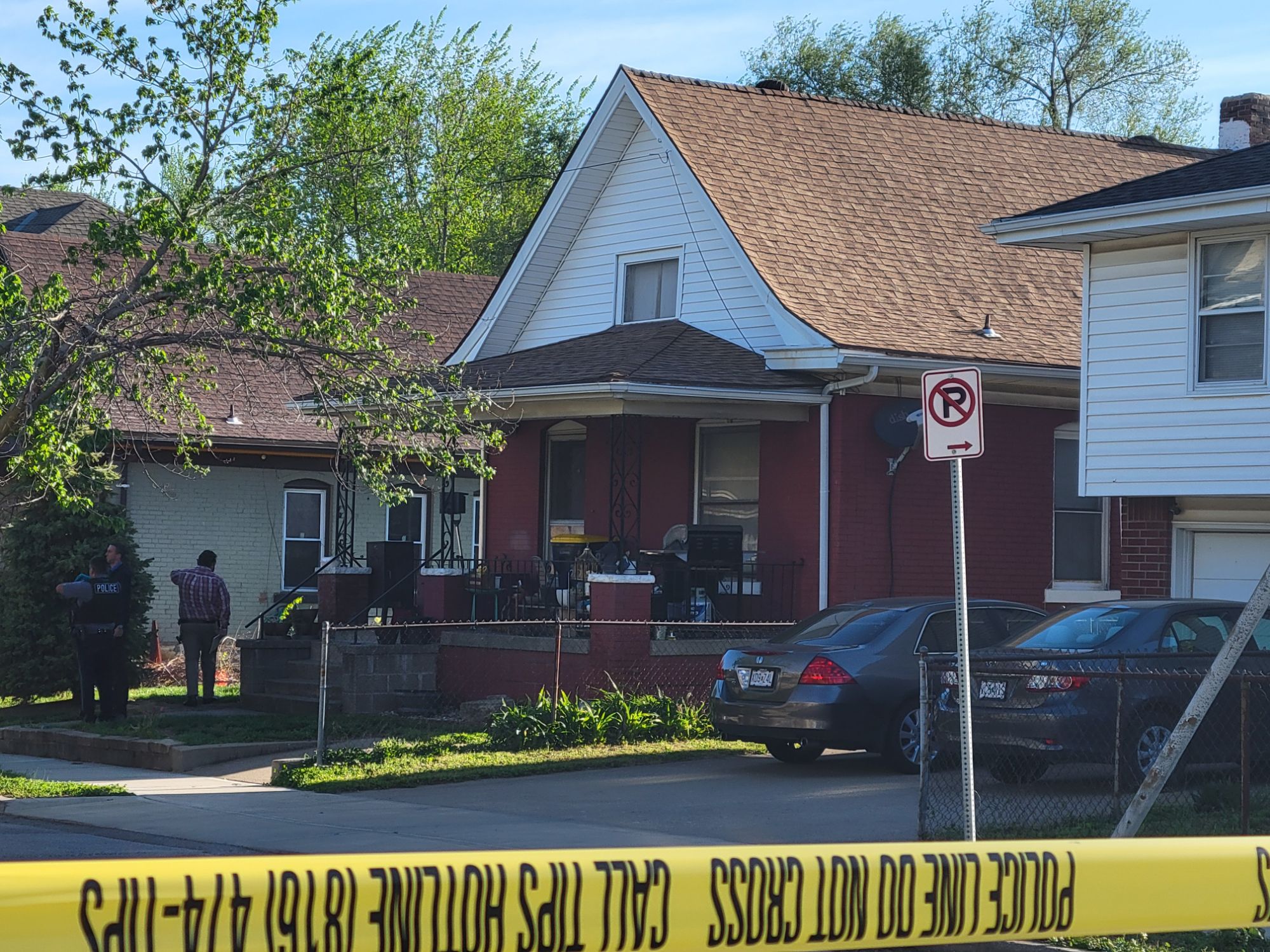
Abby Hoover
Managing Editor
The Kansas City Earnings Tax (E-Tax) is a one-percent tax on an individual’s earned income, including salaries, wages, commissions, tips and other compensation, and is paid by all businesses and people who live or work in Kansas City, Mo.
In addition to helping fund basic operations such as repairing roads and weekly trash collection, the revenue from the earnings tax also pays for police officers, firefighters, paramedics and ambulance services. Revenue from the earnings tax also helps fund snow removal, codes inspection, historic preservation and other city needs.
The E-Tax is up for renewal every five years, and will appear on the Tuesday, April 6 ballot. The deadline to register to vote for this election is March 10. In-person absentee voting begins February 23, and absentee ballots must be requested by Wednesday, March 24.
Retirees whose income is from Social Security, pensions, retirement accounts and other non-earned income sources do not pay the e-tax. Others who are exempt include active military in combat zones and non-profits.
Last month Kansas City Mayor Quinton Lucas joined the Northeast Kansas City Chamber of Commerce at its monthly luncheon with business owners and community members to discuss the E-Tax.
“The Kansas City Earnings Tax contributes hundreds of millions of dollars a year to Kansas City’s core operations, it goes into our general fund,” Mayor Quinton Lucas said. “So, for those of you who ever have questions about how can we do things better – whether it be snow removal, whether it be hiring more public safety officers, whether it be anything under the sun – this is the tax that goes to contribute to it.”
Lucas said the tax not only benefits those who live in Kansas City, but those who live in surrounding municipalities but work here.
“[The E-Tax] allows us each year to help, in some ways, to recoup some of the costs that we have on policing, public works, so much other stuff, that those who are coming from Kansas or Missouri suburbs are costing us each and every year,” Lucas said.
If the E-Tax renewal fails in April, Lucas said it will result in a nearly $300 million revenue loss. That would cause sales tax to triple and a 193% property tax increase to make up the difference, Lucas shared during the discussion.
For comparison, the police department’s budget, which is the largest single department budget, is about $250 million, so if the E-Tax fails to be renewed, more than that amount would be lost.
“We have a pandemic that has ravaged our budget, it’s ravaged many parts of our community, we have folks who are out of work, we have folks who have not been able to invest in the same way they have in the past,” Lucas said.
Despite each of the new issues 2020 brought about, the community still has the same services, opportunities and challenges, Lucas added. He said discussions need to continue on public safety, providing wraparound services to unhoused Kansas Citians, and attracting new jobs to every part of Kansas City.
“We want to make sure we keep every employee at Kansas City government that we have today, including the Kansas City Police Department in that number, that’s more than 7,000 people,” Lucas said. “I want to make sure that although we have a $70 million shortfall, that we’ll be able to address those core, basic needs.”
Lucas said during the last financial crisis, the City necessarily cut many operations and departments “to the bone,” but many have never recovered or repopulated staff. He is proud of the City’s recent improvements to efficiency on trash collection and snow removal.
The tax has existed since the 1960’s, Lucas said. He noted that Kansas City, as the center of the metro area, often shelters the houseless from surrounding communities, and cares for patients from outside its boundaries in hospitals within the city.
“Those are the things we do because we believe a great region is led by a great city,” Lucas said. “We’re also a place that continues to drive economic development, particularly in allowing for small business support.”
The City has given out nearly $3.2 million in COVID Relief Funds throughout the past year to small businesses, more than any metro area jurisdiction.
“We are doing more with less, as efficiently as we can, as responsive as we can, that’s what Kansas City government is doing and that’s why the Earnings Tax is so important for all of us.” Lucas said.
Kansans and suburban Missourians who were sent home from their Kansas City, Mo. offices last year when COVID-19 began to spread throughout the metro raised questions about whether they would still have to pay.
“Everybody can apply for a refund if they work outside the City, unless of course they live in Kansas City… we always have to pay our 1%,” Lucas said. “Some of them will look to get a refund.”
He mentioned that St. Louis has already declared that they will not be providing those refunds this year, something Lucas is interested in exploring. It would require a City Council ordinance to change.
The excuse he often hears from people who live outside the city and usually work here is that when they’re in their Kansas City, Mo., office, they are using things like the City’s roads and emergency services, but now working from home they haven’t been.
“Well our roads didn’t go away, our fire department, police department, public works, they didn’t go away,” Lucas said. “We have ongoing needs. Cities and governments aren’t just a concierge service that is there whenever people decide they need them, instead we’re there for the next big event.”
Lucas said for example, last year’s Super Bowl parade required nearly every police officer to work overtime for security, and a good percentage of the fire, public works and solid waste departments for setting up, cleaning up and safety.
“It cost the taxpayers of Kansas City alone millions of dollars,” Lucas said. “We didn’t complain about it, that’s life as the big city, that’s what we do, we want to be a centerpoint for regional joy and success, but those are the sort of reasons you need a tax that contributes regionally to all of the needs that we have in Kansas City.”
In most cases, tax refunds are issued when taxpayers overpay the amount of taxes due. If a taxpayer believes they have overpaid or should not be paying due to a work from home situation, they may file for a refund through Quick Tax or by mail. Taxpayers should be sure to include all income information and any supporting documentation.
Lucas said he would like to see this tax become permanent, like the Zoo Tax, which passed in 2011. Many other sales taxes applied to Kansas City and Jackson County are revisited at various intervals.


















